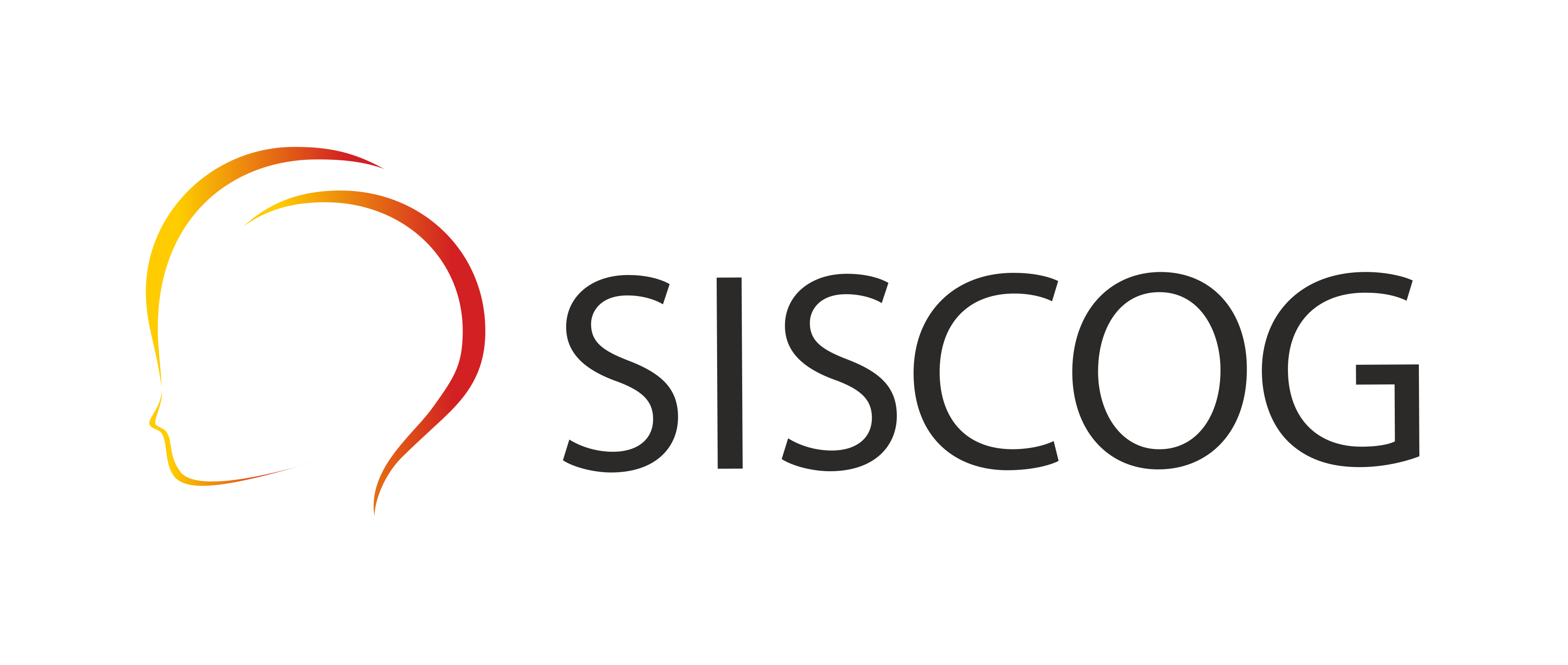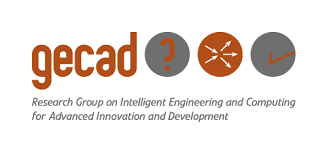Artificial Intelligence in Power and Energy Systems
Societies are highly dependent on electricity use to ensure safe, reliable, and comfortable living. The increase of electricity demand is expected to continue in the future and it is considered a crucial requirement for economic development. Concerns about the impact of electricity use in the environment and about the eventual fuel based primary source shortage are presently taken as very serious at scientific, economic and politic levels. These concerns have led to intensive research and to new energy policies envisaging the increased use of renewable energy sources for electricity production and increased energy use efficiency.
In such a dynamic, complex, and competitive environment as the power and energy sector, the use of artificial intelligence is of crucial importance to enable taking full advantage from the opportunities in the field in order to overcome the challenges that are constantly arising.
This track aims at bringing together different experiences in the application of artificial intelligence to power and energy problems. The track targets the contribution of the main international experts in the field, both from academia and industry.
Topics of Interest
- Agent-based Operation and Management of Power and Energy Systems and Installations
- Agent-based Smart Grid Simulation
- Big Data Applications for Energy Systems
- Coalitions and Aggregations of Smart Grid and Market Players
- Consumer Profiling
- Context Aware Systems
- Data-Mining Approaches in Smart Grids
- Decision Support Approaches for Smart Grids
- Demand Response Aggregation
- Demand Response Integration in the Market
- Demand Response Remuneration Methods
- Electric vehicles
- Electricity Market Modelling and Simulation
- Electricity Market Negotiation Strategies
- Electricity Storage
- Energy Resource Management in Buildings
- Information technology applications
- Innovative Demand Response Models and Programs
- Innovative Energy Tariffs
- Integration of Electric Vehicles in the Power System
- Intelligent Approaches for M2M and IoT Applications in Power and Energy
- Intelligent Approaches for Microgrid Management
- Intelligent Home Management Systems
- Intelligent methods for Demand Management
- Intelligent Resources Scheduling
- Intelligent Supervisory Control Systems
- Knowledge-based approaches for Power and Energy Systems
- Load Forecast
- Market Models for Variable Renewable Energy
- Multi-Agent Applications for Smart Grids
- Multi-Agent Systems in Power and Energy Systems
- Other Artificial Intelligence-based Methods for Power and Energy Systems
- Phasor Measurement Units Applications
- Real-time simulation
- Reliability, Protection and Network Security Methods
- Renewable Energy Forecast using Computational Intelligence
- Semantic communication and data
- Smart Sensors and Advanced Metering Infrastructure
Paper Submission Instructions
All accepted papers will be published by Springer in a volume of Springer’s Lecture Notes in Artificial Intelligence (LNAI) corresponding to the proceedings of the 19th EPIA Conference on Artificial Intelligence, EPIA 2019.
Submissions must be original and not published elsewhere. Papers should not exceed twelve (12) pages in length and must adhere to the formatting instructions of the conference. Each submission will be peer reviewed by at least three members of the Program Committee. The reviewing process is double blind, so authors should remove names and affiliations from the submitted papers, and must take reasonable care to assure anonymity during the review process. References to own work may be included in the paper, as long as referred to in the third person. Acceptance will be based on the paper’s significance, technical quality, clarity, relevance and originality. All accepted papers must be presented orally the conference by one of the authors and at least one author of each accepted paper must register for the conference.
This track also accepts short papers submissions (maximum of 6 pages) for position papers, work in progress and application/demonstration papers. The registration fee is the same for regular and short papers. In case of acceptance authors will have the same time for paper presentation.
All papers should be submitted in PDF format through the EPIA 2019 EasyChair submission page. Prospective authors should select the thematic track to which their paper is to be submitted.
Important Dates
Paper submission deadline (Extended) : April 15, 2019 April 30, 2019
Notification of paper acceptance: May 31, 2019, June 7, 2019
Camera ready papers deadline: June 15, 2019, June 21, 2019
Conference dates: September 3-6, 2019
Organizing Committee
Zita Vale, Polytechnic of Porto, Portugal
Pedro Faria, Polytechnic of Porto, Portugal
Juan Manuel Corchado, University of Salamanca, Spain
Tiago Pinto, University of Salamanca, Spain
Program Committee
Ana Estanqueiro, LNEG−National Research Institute, Portugal
Bo Norregaard Jorgensen, University of Southern Denmark, Denmark
Carlos Ramos, Polytechnic of Porto, Portugal
Chen-Ching Liu, Washington State University, Pullman, USA
Dagmar Niebur Drexel University, USA
Fernando Lopes, LNEG−National Research Institute, Portugal
Germano Lambert-Torres, Dinkart Systems, Brazil
Goreti Marreiros, Polytechnic of Porto, Portugal
Gustavo Figueroa, Instituto de Investigaciones Eléctricas, Mexico
Hélder Coelho, University of Lisbon, Portugal
Isabel Praça, Polytechnic of Porto, Portugal
Jan Segerstam, Empower IM Oy, Finland
João P. S. Catalão, University of Porto, Portugal
José L. Rueda, Delft University of Technology, The Netherlands
Kumar Venayagamoorthy, Clemson University, USA
Kwang Y. Lee, Baylor University, USA
Nikos Hatziargyriou, National Technical University of Athens, Greece
Nouredine Hadj-Said, Institut National Polytechnique de Grenoble, France
Olivier Boissier, École Nationale Supérieure des Mines de Saint-Étienne, France
Pablo Ibarguengoytia, Instituto de Investigaciones Eléctricas, Mexico
Peter Kadar, Budapest University of Technology and Economics, Hungary
Phuong Nguyen, Eindhoven University of Technology, The Netherdands
Pierluigi Siano, University of Salermo, Italy
Vladimiro Miranda, University of Porto, Portugal
Dominoes Summer School
Panel session on Artificial Intelligence applications in Power Systems, with focus on the development of local energy markets.
Speakers:
- David Hästbacka, Tampere University, Finland
- Danial Esmaeli Aliabadi, Sabanci University, Turkey;
- Jan Segerdstam, Empower, Finland;
- José Sousa, Energias de Portugal. Distribuição (EDPD), Portugal
Moderator: Professor Zita Vale, Polytechnic of Porto, Portugal
Track Supporting Institution
![]()
Track Sponsor



















